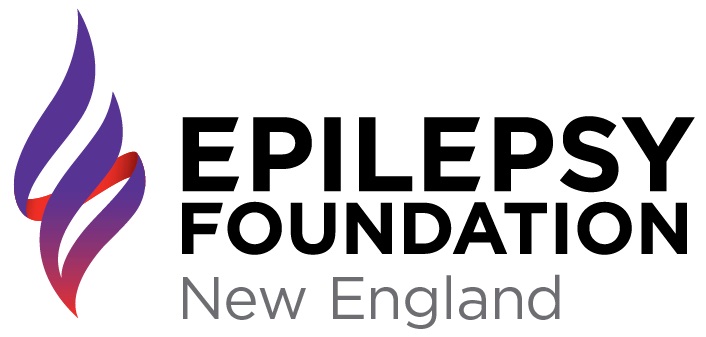Generalized Motor Seizures - Tonic Clonic
A Generalized Onset Motor Seizure and is what most people think of when they hear the word "seizure." An older term for this type of seizure is "grand mal." A person loses consciousness, muscles stiffen, and jerking movements are seen. As implied by the name, they combine the characteristics of tonic seizures and clonic seizures.
These seizures generally last 1 to 3 minutes. Emergency assistance should be called if a seizure lasts longer than 5 minutes. A seizure that lasts more than 10 minutes, or three seizures without a normal period in between, indicates a dangerous condition called convulsive status epilepticus. This requires emergency treatment.
Who is at risk for tonic-clonic seizures?
This type of seizure can affect both children and adults. For children who have had a single tonic-clonic seizure, the risk that they will have more seizures depends on many factors. Some children will outgrow their epilepsy. Others who are seizure-free for a year or two while taking seizure medicine may stay seizure-free if the medicine is gradually stopped.
The risk that an individual will have more seizures depends on factors such as whether his or her EEG shows any epilepsy waves, or whether the doctor finds any abnormalities on a neurological exam. Among children with no epilepsy waves and a normal exam, about 70% of those who have had tonic-clonic seizures will stay seizure-free without medication. The comparable number is less than 30% for children with epilepsy waves and an abnormal exam. All these figures are more favorable than those for focal onset seizures.
What’s it like to have a tonic-clonic seizure?
When people have tonic-clonic seizures, they are not aware of what’s going on around them. These seizures may require first aid including making certain that the person is breathing and there are no injuries.
The tonic phase comes first: All the muscles stiffen. Air being forced past the vocal cords causes a cry or groan. The person loses consciousness and falls to the floor. The tongue or cheek may be bitten, so bloody saliva may come from the mouth. The person may turn a bit blue in the face.
After the tonic phase comes the clonic phase: The arms and usually the legs begin to jerk rapidly and rhythmically, bending and relaxing at the elbows, hips, and knees. After a few minutes, the jerking slows and stops. Bladder or bowel control sometimes is lost as the body relaxes. Consciousness returns slowly, and the person may be drowsy, confused, agitated, or depressed.
After the seizure has occurred, the person may be sleepy or confused for several minutes or longer. They may have lost bowel or bladder function. They also may have bitten their tongue.
How can I tell if someone is having a tonic-clonic seizure?
Some non-epileptic (psychogenic) seizures resemble tonic-clonic seizures. The surest way to tell the difference is with video-EEG monitoring. In some cases, the same person may have both tonic-clonic and non-epileptic seizures. People who faint sometimes develop tonic or clonic movements. These movements are rarely as intense or prolonged as a tonic-clonic seizure.
How are tonic-clonic seizures diagnosed?
The typical appearance of a tonic-clonic seizure is usually easy to recognize. The doctor will want a detailed description of the seizures. An EEG and other tests may help to confirm the diagnosis or suggest a cause.
How are tonic-clonic seizures treated?
There are many medicines that can be used to prevent tonic-clonic seizures. Moreover, there are special medicines used only in the setting of emergencies that can help stop further tonic-clonic seizures from occurring after it is taken. There is also a device (vagus nerve stimulation) that can often help to prevent seizures as well if a person is diagnosed with epilepsy.
What should I do if I think my child, loved one, or myself may have tonic-clonic seizures?
If you think that your child, loved one or yourself, may be having tonic-clonic seizures, please talk to your doctor or your child or loved one’s doctor as soon as possible. Tonic-clonic seizures can lead to injury and in some rare cases death. Getting these diagnosed and treated is essential.

